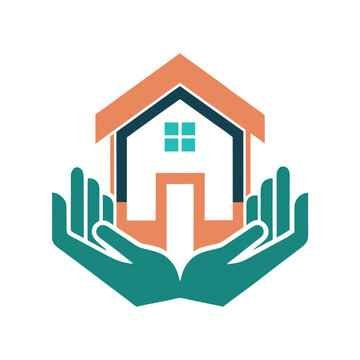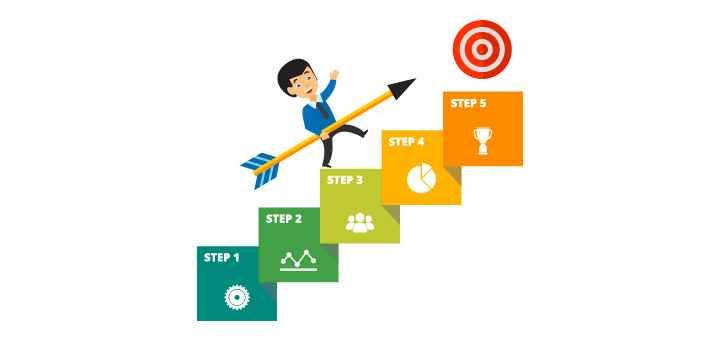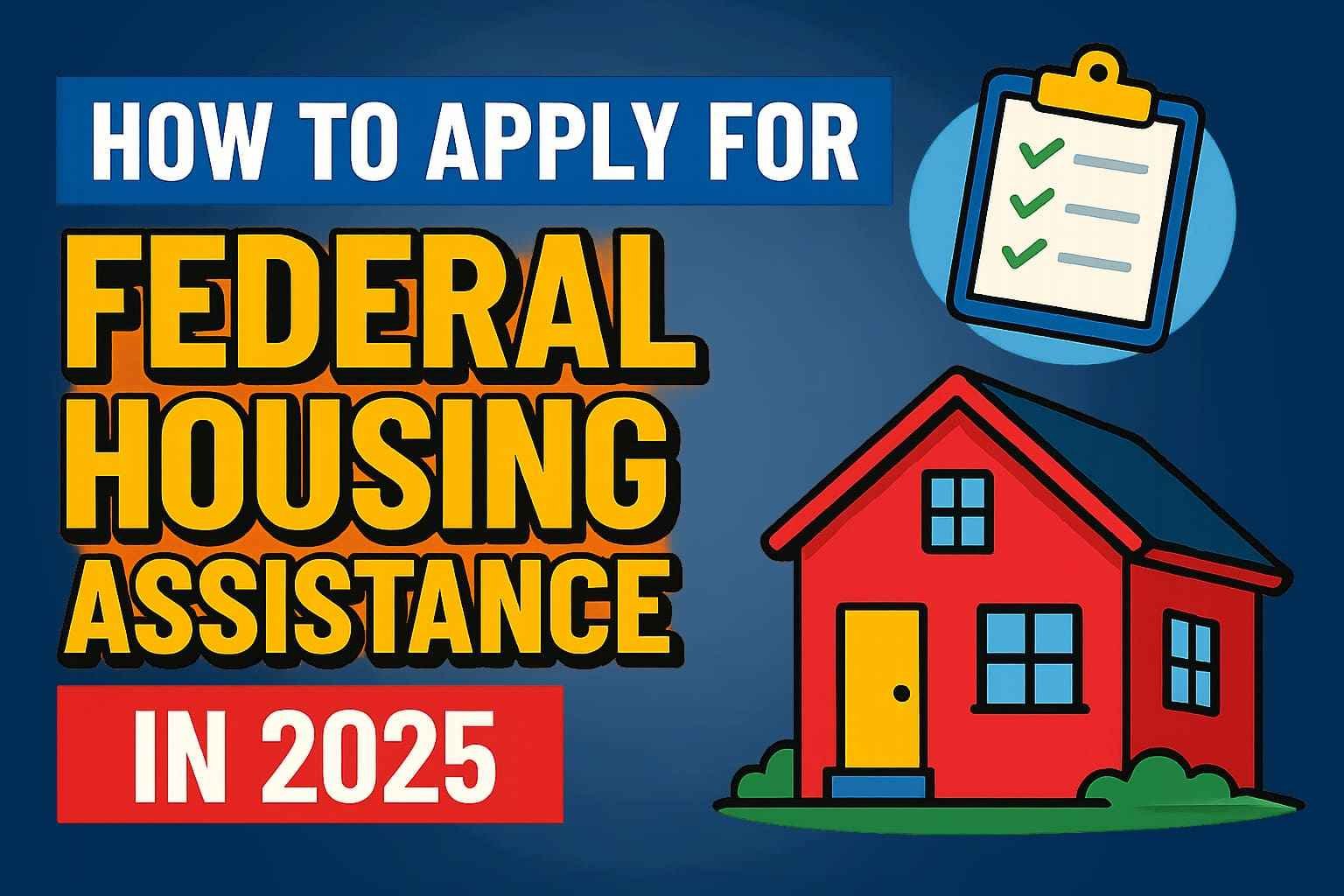How to Apply for Federal Housing Assistance Grants in 2025? Finding affordable housing in today’s economy can be overwhelming, especially for low-income families, seniors, veterans, and individuals with disabilities. Thankfully, the U.S. government provides multiple federal housing assistance grants to make stable living possible. If you’re looking to apply for federal housing grants in 2025, this guide is tailored to walk you through everything you need to know.
What Are Federal Housing Assistance Grants?
Federal housing assistance grants are funds distributed by the U.S. government to help individuals and families secure housing. Unlike loans, grants do not require repayment. These programs are generally administered by federal agencies such as the U.S. Department of Housing and Urban Development (HUD) and distributed through local Public Housing Authorities (PHAs).
Learn more on the HUD Grants Page.
Who Is Eligible for Housing Grants in 2025?
Eligibility may vary depending on the specific program, but in general, you may qualify if you meet one or more of the following criteria:
- Low to moderate income as defined by HUD guidelines
- U.S. citizenship or eligible immigration status
- Elderly or disabled
- Veterans
- Homeless individuals or those at risk of becoming homeless
- Single parents or domestic violence survivors
Your eligibility will also depend on your location, household size, and current housing situation.
Top Federal Housing Assistance Programs in 2025

1. Section 8 Housing Choice Voucher Program
This is one of the most well-known programs. It allows low-income families to choose their housing in the private market. The government pays a portion of the rent directly to the landlord.
How to Apply:
- Find your local PHA using the HUD PHA Locator.
- Submit an application and supporting documents (proof of income, ID, etc.).
- Get on a waiting list (which may be long in some areas).
2. Public Housing Program
Public housing consists of government-owned apartments or housing units for eligible low-income families.
How to Apply:
- Visit your local PHA office.
- Complete an application form.
- Attend an interview and provide necessary documents.
3. Emergency Solutions Grants (ESG)
The ESG program helps individuals and families who are homeless or at risk of homelessness.
Key Services Include:
- Short-term rental assistance
- Emergency shelter
- Street outreach
Learn more about ESG on the HUD Exchange website.
4. HUD-VASH (For Veterans)
This program combines HUD housing vouchers with VA supportive services for homeless veterans.
How to Apply:
- Contact your local VA Medical Center.
- Coordinate with HUD and your VA case manager.
5. Section 202 Supportive Housing for the Elderly
This program offers affordable housing options for low-income seniors with supportive services like cleaning, meals, and transportation.
More info available on the HUD Section 202 page.
Step-by-Step Guide to Apply in 2025

Step 1: Research Available Programs in Your Area
Not all grants are available in every state or city. Visit hud.gov to find options near you.
Step 2: Check Your Eligibility
Use HUD’s income limits tool and program-specific guidelines.
Step 3: Gather Required Documents
Typically, you will need:
- Government-issued ID (driver’s license or passport)
- Proof of income (pay stubs, W-2s, or benefit statements)
- Social Security numbers for all household members
- Rental history or eviction notice (if applicable)
Step 4: Apply Through Your Local PHA
Most applications must be submitted through your local Public Housing Authority. Some areas offer online applications.
Step 5: Attend Interviews or Inspections
Some programs require interviews, home visits, or property inspections before approval.
Step 6: Wait for Approval or Be Placed on a Waiting List
Due to high demand, many applicants will be placed on a waiting list. Stay in touch with your PHA for updates.
How Much Assistance Can You Receive?
The amount varies widely depending on the program and your financial situation. For example:
- Section 8 may cover 70% or more of your rent.
- ESG may provide several months of rent or utility support.
- Public housing offers below-market rental rates.
Common Mistakes to Avoid When Applying
- Missing the deadline: Some programs have limited open enrollment periods.
- Providing incomplete documents: Missing paperwork can delay or deny your application.
- Not checking the waiting list status: Stay informed; some lists require you to re-confirm your interest.
- Falling for scams: Never pay to apply for a government housing grant.
Report scams at ReportFraud.ftc.gov.
Benefits of Federal Housing Assistance
- Reduced rent burden
- Access to safe, sanitary housing
- Support services for vulnerable populations
- Pathway to stability and self-sufficiency
2025 Trends to Watch
The federal government is expected to increase funding for:
- Transitional housing for homeless families
- Sustainable and energy-efficient public housing
- Expanding the HUD-VASH program for more veteran support
Stay updated with Congressional Housing Legislation News.
Federal housing assistance grants for individuals
Federal housing assistance grants for individuals are designed to help low-income Americans secure safe, stable, and affordable housing. These grants, primarily funded by the U.S. Department of Housing and Urban Development (HUD), support those who are elderly, disabled, veterans, or facing financial hardship. Unlike loans, these grants do not require repayment, making them an essential resource for those in need. Programs such as Section 8 Housing Vouchers, Public Housing, and Emergency Solutions Grants provide rental support, utility aid, and shelter assistance. Eligible individuals can apply through their local Public Housing Authority (PHA) or via HUD’s official website.
Affordable housing grants for developers
Affordable housing grants for developers are federal and state-funded incentives aimed at encouraging the construction, rehabilitation, and preservation of low-income housing. These grants help offset development costs, making it financially viable for builders to create units for underserved populations. Programs like the HOME Investment Partnerships Program, Community Development Block Grants (CDBG), and Low-Income Housing Tax Credits (LIHTC) are commonly used. Developers must meet specific criteria, such as income-based rent limits and long-term affordability commitments. By leveraging these grants, developers not only contribute to community growth but also benefit from tax incentives and access to public-private partnerships that support sustainable housing solutions.
How to apply for free housing grants
To apply for free housing grants, start by visiting the official HUD website to explore available federal programs like Section 8, Public Housing, and Emergency Solutions Grants. Use the HUD PHA Locator to find your local Public Housing Authority (PHA), which handles applications. Gather necessary documents such as proof of income, identification, and household details. Submit your application either online or in person, depending on local policies. Be prepared for interviews or waitlists due to high demand. Always ensure you apply through verified government channels—free housing grants do not require payment to apply. Avoid scams and stay informed.
How to qualify for housing grants
To qualify for housing grants, applicants must typically meet specific income, residency, and personal circumstance requirements. Most federal programs, such as Section 8 or Public Housing, require individuals or families to fall within low- to moderate-income brackets as defined by HUD guidelines. U.S. citizenship or eligible immigration status is also necessary. Additional factors like age (for senior housing), disability, veteran status, or risk of homelessness may increase eligibility. Local Public Housing Authorities (PHAs) evaluate applicants based on documentation like income proof, household size, and rental history. Each program has its own criteria, so always review guidelines carefully before applying.
Apply for personal grants online for free
Applying for personal grants online for free is possible through official government and nonprofit websites. Start with Grants.gov for a comprehensive list of federal funding opportunities, or visit Benefits.gov to find programs tailored to your specific needs. For housing, utility, or emergency aid, check with the HUD or your local Public Housing Authority. You’ll need to create an account, complete the required forms, and upload supporting documents such as proof of income and identification. Be cautious—legitimate grants never require payment to apply. Avoid scam sites and always apply through secure, verified platforms with a “.gov” domain.
Free grant money for bills and personal use
Free grant money for bills and personal use is available through various federal, state, and nonprofit programs designed to support individuals facing financial hardship. These grants can help cover essential expenses like rent, utilities, medical bills, food, and emergency needs. Programs such as LIHEAP (for utility bills), Temporary Assistance for Needy Families (TANF), and Emergency Solutions Grants (ESG) offer targeted relief. You can apply online through official sites like Benefits.gov and Grants.gov. Importantly, these grants never require repayment and are 100% free to apply for. Be sure to avoid scams and only use trusted government sources.
List of government grants for individuals
The U.S. government offers several grants for individuals to help with housing, utilities, education, healthcare, and basic living needs. Popular options include Section 8 Housing Vouchers, Low Income Home Energy Assistance Program (LIHEAP), Supplemental Nutrition Assistance Program (SNAP), Temporary Assistance for Needy Families (TANF), and Medicaid. For education, Federal Pell Grants support college tuition. Veterans can access aid through HUD-VASH or VA programs. You can explore and apply for these grants through trusted platforms like Benefits.gov, Grants.gov, or by contacting your local public assistance office. Always ensure you apply through verified sources to avoid scams.
Final Thoughts
Applying for federal housing assistance grants in 2025 could be life-changing for you and your family. While the process may take time and patience, the benefits are long-term and substantial. Make sure to prepare early, follow all guidelines, and stay connected with your local housing authorities.
FAQ’s Federal Housing Assistance Grants
1. Can I apply for multiple housing grants at the same time?
Yes, you can apply for multiple programs as long as you meet each one’s eligibility requirements.
2. Is there an age limit for federal housing assistance?
Most programs are open to all adults, but some (like Section 202) are specifically for seniors.
3. What if I’m currently homeless?
You may qualify for Emergency Solutions Grants (ESG) or rapid rehousing programs. Contact a local shelter or PHA immediately.
4. Do I need a job to qualify?
Not necessarily. Many programs accept applicants who are unemployed but meet low-income thresholds.
5. Can undocumented immigrants apply?
Most federal programs require legal residency or citizenship. However, some local programs may have different rules.
6. How long does the application process take?
It varies by program and area, but expect several weeks to months. Waiting lists can take longer.
7. Will this affect my credit score?
No. Applying for housing assistance does not impact your credit score.
8. Do I have to repay the grant?
No, grants are not loans and do not require repayment.
9. Can I move and keep my housing assistance?
Some programs, like Section 8 vouchers, are portable. Others, like public housing, are tied to a specific unit.
10. Is there help available if I don’t speak English?
Yes. Many housing authorities offer multilingual services or translation assistance.
Need help applying or want to know what’s available in your area? Visit HUD.gov or contact your local housing authority today.
For More Information you can check our Home Page.
